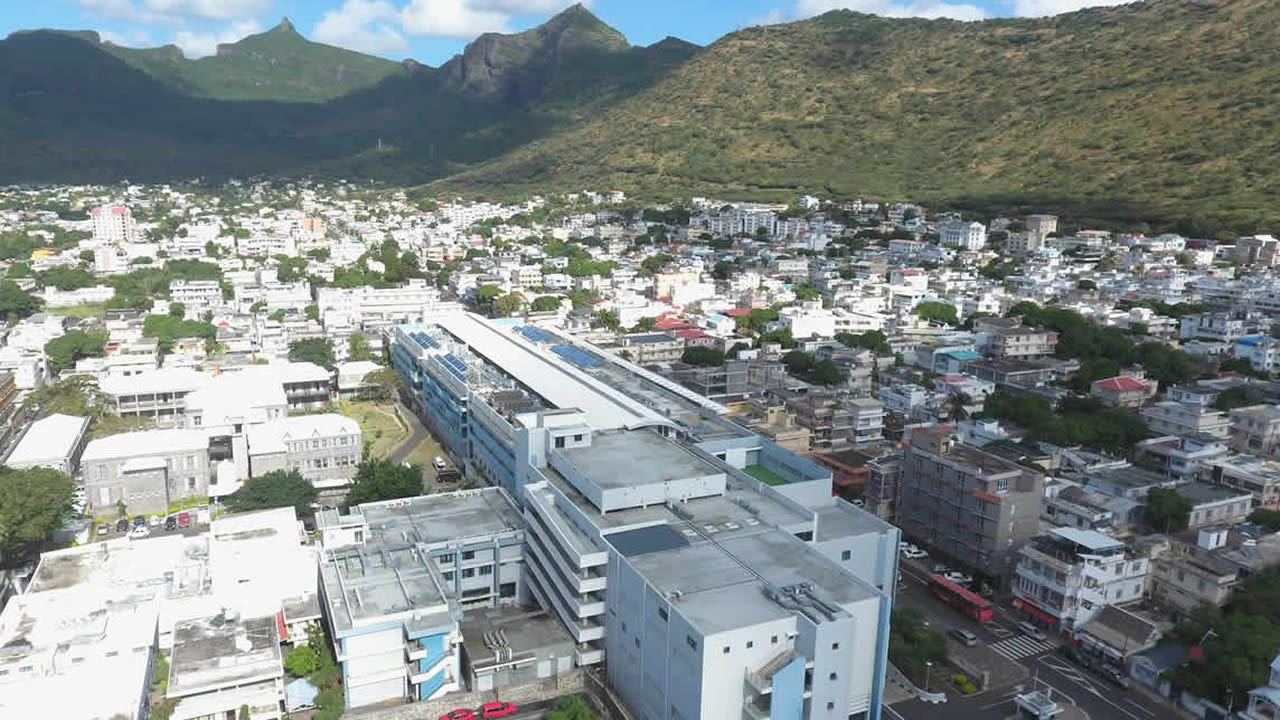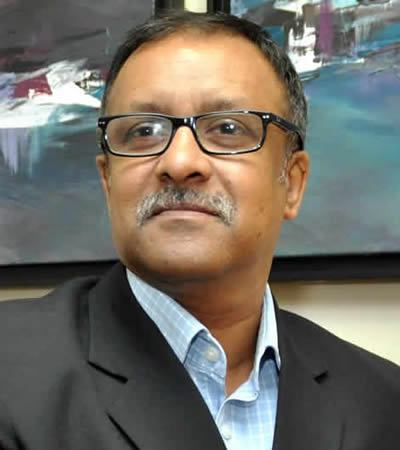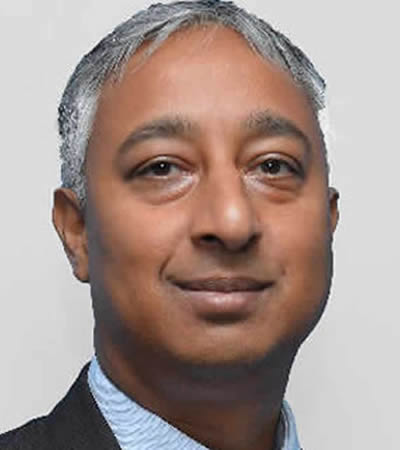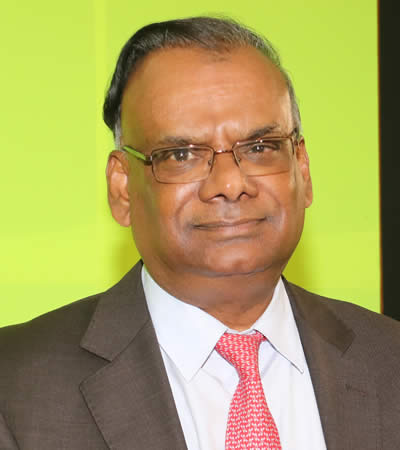
After Offshore Leaks, this week the Mauritius Leaks was released. The International Consortium of International Journalists (ICIJ) has released a series of documents concerning the Mauritian jurisdiction. The accusation made: Mauritius contributes to impoverishment of Africa by stealing taxes that foreign investors should pay. Stakeholders in Mauritius deny all the accusations.
Based on a cache of 200,000 confidential records from the Mauritius office of the Bermuda-based offshore law firm Conyers Dill & Pearman, the investigation reveals how a sophisticated financial system based on the island is designed to divert tax revenue from poor nations back to the coffers of Western corporations and African oligarchs, with Mauritius getting a share. The files date from the early 1990s to 2017.
According to the report, “the island, which sells itself as a gateway for corporations to the developing world, has two main selling points: Bargain-basement tax rates and, crucially, a battery of tax treaties with 46 mostly poorer countries. Pushed by Western financial institutions in the 1990s, the treaties have proved a boon for Western corporations, their legal and financial advisers, and Mauritius itself — and a disaster for most of the countries that are its treaty partners. “What Mauritius is providing is not a gateway but a getaway car for unscrupulous corporations dodging their tax obligations,” said Alvin Mosioma, executive director of the non-profit Tax Justice Network Africa.
ATMC and GFM counter attacks
On Wednesday night, in a joint communique the Association of Trust and Management Companies (ATMC) and Global Finance Mauritius (GFM) reveals that the ICIJ admits that the Mauritius International Financial Centre has not been used for the conduct of any illegal activities. The ATMC and GFM condemn the publication of private information and the ensuing articles which appear to be solely aimed at tarnishing the reputation of Mauritius as a credible and reputed international financial center in the region. “The ATMC and GFM are working closely with authorities and are fully supportive of all necessary actions to be undertaken to defend the jurisdiction from such unsubstantiated, unfounded and prejudicial reports.”
The communiqué also states that the financial services sector has and continues to play an important role in improving the standards of living of the population. “People from modest backgrounds have been provided with the opportunity to progress more rapidly in their lifestyle through employment in this sector. The sector has also ensured that meritocracy and talent are recognised thereby contributing towards the reduction of brain drain of our professionals. As a vital sector of the Mauritian economy, the global business sector has succeeded in generating high value-added employment. It is estimated that the sector, including banking, directly employs more than 15,000 professionals. Indirectly, it contributes to the general economy by providing work and opportunities to taxi drivers, restaurants, hotels and also the press through advertising. More importantly, the financial sector has contributed to boosting the country’s foreign exchange reserves, thereby contributing positively to the balance of payments and preserving the stability of the Mauritian rupee.”
It also highlights that Mauritius has always been committed to full compliance with international standards and best practices in the global business and the wider financial sector. “It is rated as fully compliant with the OECD standards on transparency and exchange of information for tax purposes. In the ESAAMLG Follow Up report, in May 2019, Mauritius successfully obtained an upgrade of 11 FATF recommendations, demonstrating significant progress in meeting technical compliance. Mauritius has also been ranked 20th globally and 1st in Africa in the World Bank Doing Business Index, 49th in the Global Competitiveness Index and 39th in Forbes Survey of Best Countries for Business.”
 Penny Hack : “It is such a nuisance for the country”
Penny Hack : “It is such a nuisance for the country”
Corporate lawyer Penny Hack opines that it is annoying for the offshore sector to bear such accusations. “It is such a nuisance for the country. The India and Mauritius treaty has had an impact on us and now with such a publication, our image is at risk. All the accusations are false. We cannot say African countries are being impoverished because of us. There are other factors behind the impoverishment of African countries such as disparity among the rich and the poor and corruption.” He explains that now Mauritius needs to create the necessary awareness so that our image is not affected. “We are fighting to put Mauritius on the international platform. The danger is found inside itself with corruption. We are unable to defend ourselves.”
 Mahesh Doorgakant : “Mauritius has been adhering to the international laws”
Mahesh Doorgakant : “Mauritius has been adhering to the international laws”
The President of the Association of Trust & Management Companies (ATMC), Mahesh Doorgakant, reveals that the report has indeed affected the image of the country. He cannot understand why such a report was made when everything is legal and Mauritius is a clear jurisdiction. “Mauritius has been adhering to the international laws. There is no use of such a report to be made and published. Now our strategy will be communicating and educating to ensure that people understand what is happening and how an international financial centre operates. We will ensure that our jurisdiction continues to inspire confidence. We will educate our partners and our customers.”
 Rama Sithanen : “Recommends an independent report”
Rama Sithanen : “Recommends an independent report”
The former Minister of Finance Rama Sithanen was on Radio Plus on Wednesday during the afternoon debate show hosted by Jane Lutchmaya and Eshan Dinally. He clearly stated that these insinuations undermine the image and credibility of Mauritius in this area of activity, essential to the local economy. He suggests several actions to put a stop to this type of campaign. He recommends that an independent report be conducted to assess the effective contribution of Mauritius in terms of investment flows to African countries. He is of the opinion that an international consultant be appointed to consolidate the Mauritius label as a financial jurisdiction and to get rid of the label of Mauritius being a tax haven.
 Sudhir Sesungkur : “Our treaties do not contain any harmful elements”
Sudhir Sesungkur : “Our treaties do not contain any harmful elements”
The Minister of Financial Services Sudhir Sesungkur reacted to the ICIJ report and explained what the Mauritian jurisdiction has accomplished in terms of new treaties and the international standards used. In so doing, he refutes the argument that the treaties are against the other signatory country. “Because our model agreements are based on the standards of the Organization for Economic Co-operation and Development (OECD) and the United Nations, so we are of the opinion that our treaties do not contain any harmful elements.” He further explains that 41 of the 45 treaties are under the multilateral convention of the OECD. This convention, he says, aims to implement treaty-related measures to avoid tax erosion and profit transfers.
 J'aime
J'aime














